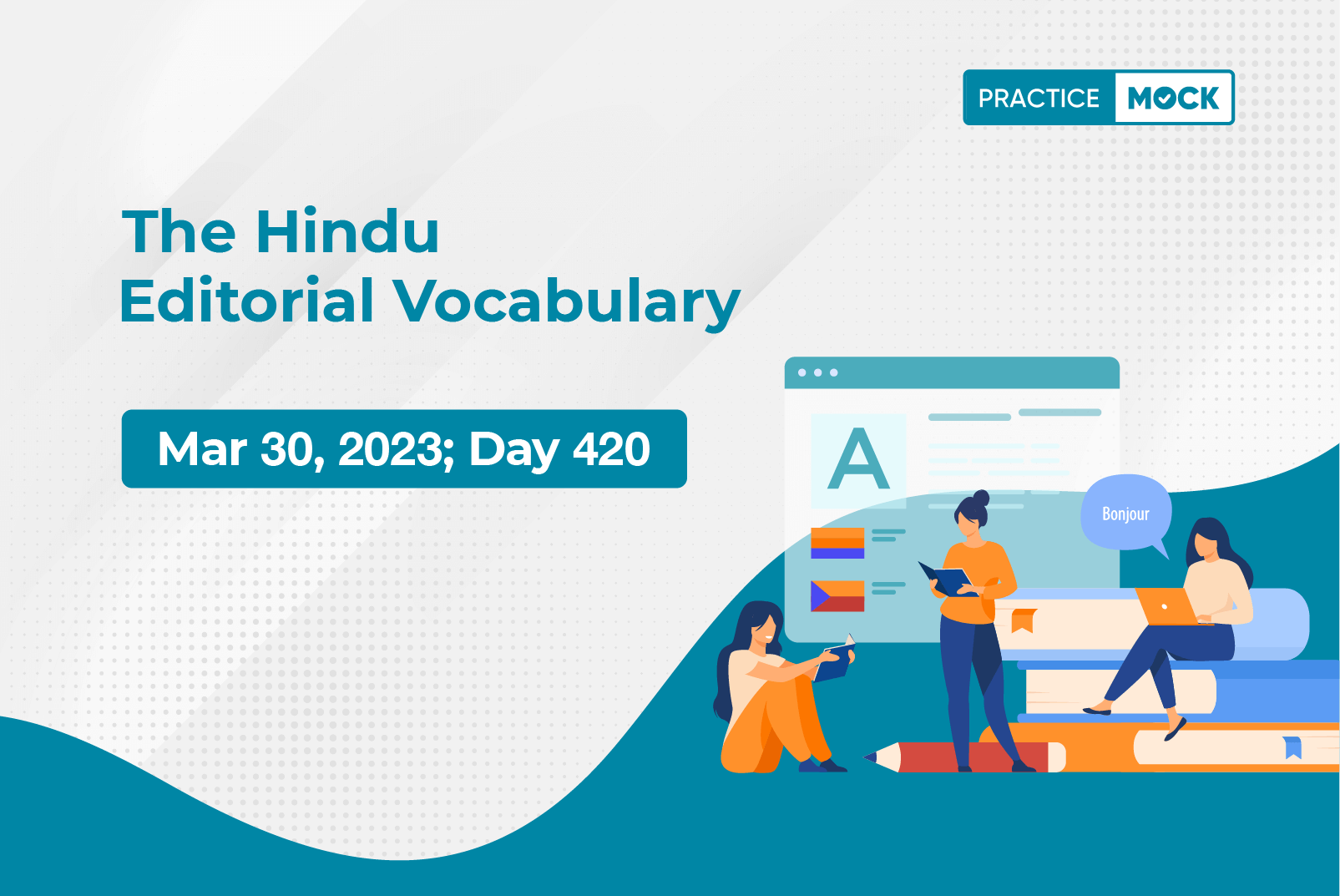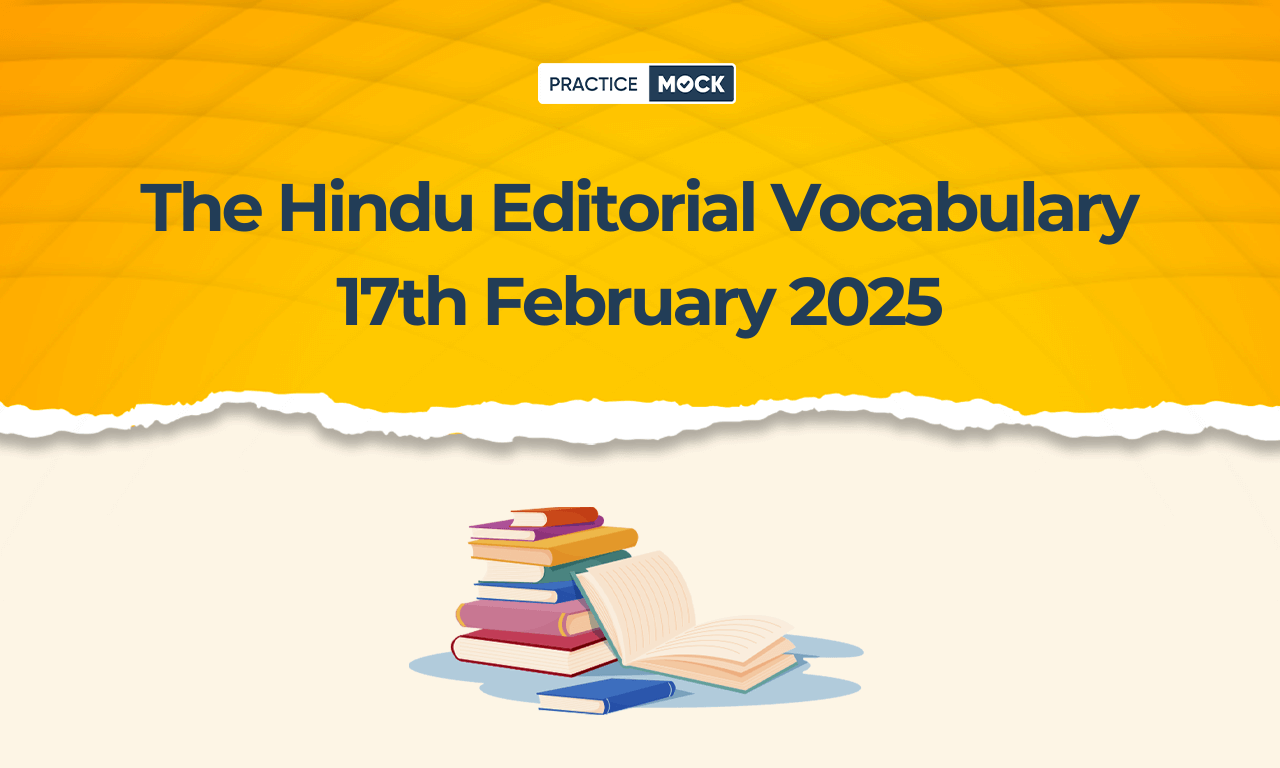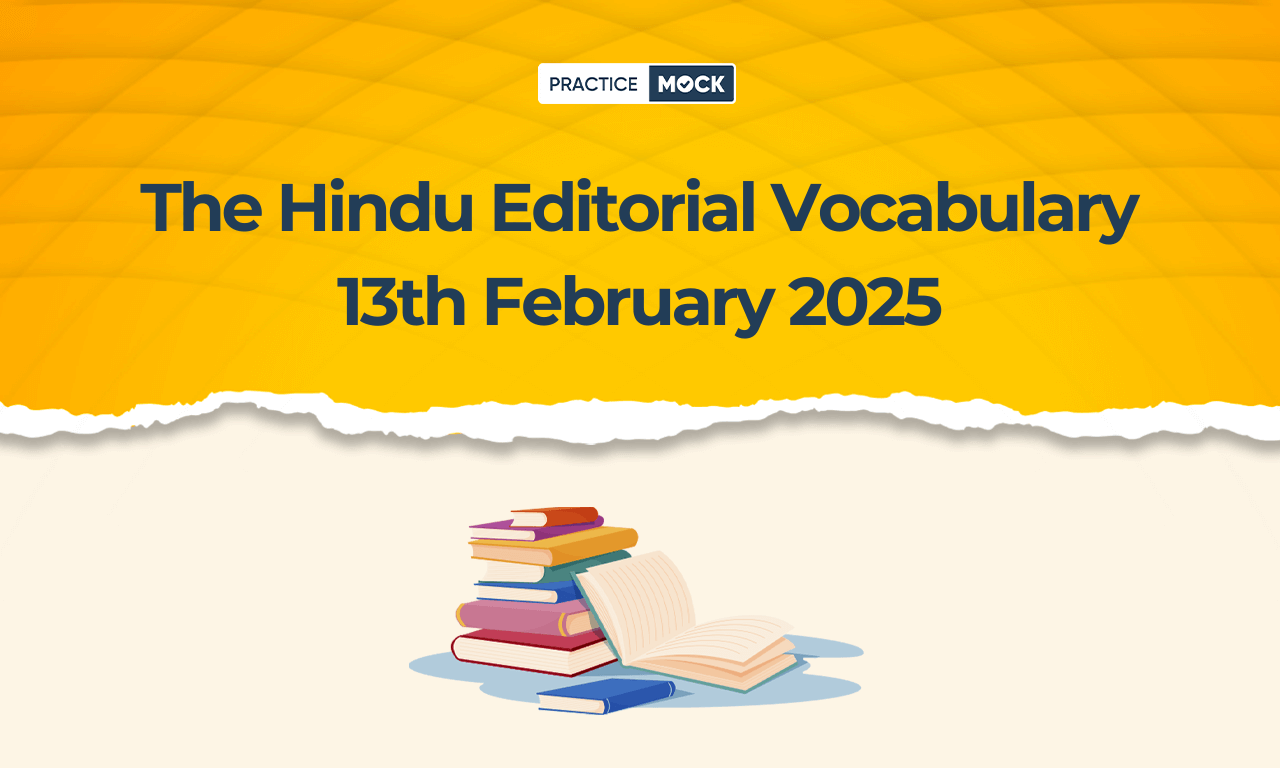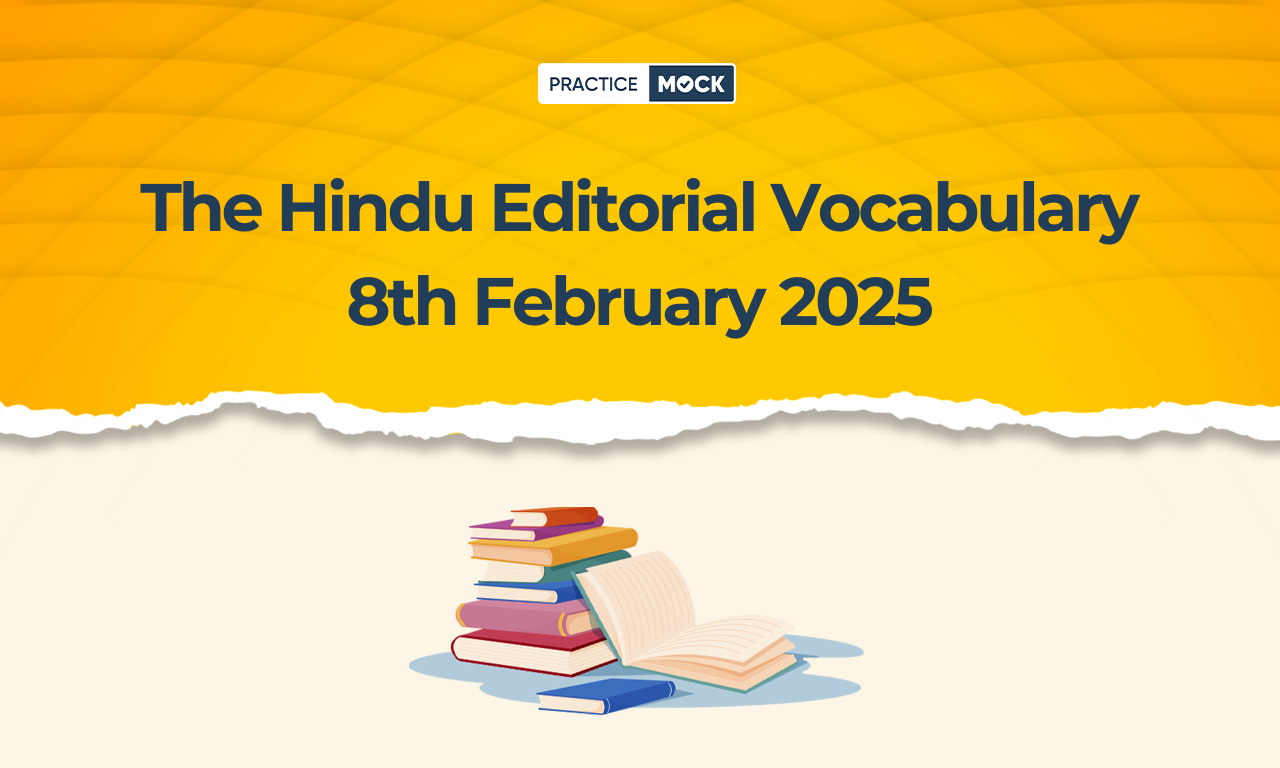

| Difficult Word/ Phrase | Contextual Sense |
| Stance | the opinions that somebody expresses publicly about something |
| Misgiving | Fearful expectation or anticipation |
| Confounding | That confounds, contradicts or confuses |
| Stridently | in an extremely forceful way |
| Unprecedented | Having no precedent; novel; never seen before |
| Kerfuffle | noise, excitement, and argument |
| Vehemently | in a forceful manner |
| Proviso | A stipulated condition |
| Catastrophic | Extremely harmful; bringing physical or financial ruin |
| Grievance | A complaint about a (real or imaginary) wrong that causes resentment and is grounds for action |
| Redress | Act of correcting an error or a fault or an evil |
| Recompense | Payment or reward (as for service rendered) |
| Apprehensive | Mentally upset over possible misfortune or danger etc |
| Ironically | Contrary to plan or expectation |
| Scarcely | Almost not |
| Exposition | A systematic interpretation or explanation (usually written) of a specific topic |
| Negligent | Characterized by neglect and undue lack of concern |
| Strive | Attempt by employing effort |
| Incumbent | Necessary (for someone) as a duty or responsibility; morally binding |
Human life, above all: On the Rajasthan Right to Health Act and the stance (the opinions that somebody expresses publicly about something) of doctors
Opposition of doctors to the right to health comes from baseless misgivings (Fearful expectation or anticipation)
It is confounding (That confounds, contradicts or confuses) how something that is stridently (in an extremely forceful way) ‘good’ in ethical and legal terms can run into a wall of opposition built on narrow professional and commercial interests. As in the case of the Right to Health Act that was passed in Rajasthan last week, and the unprecedented (Having no precedent; novel; never seen before) kerfuffle (noise, excitement, and argument) that followed, with doctors in the State vehemently (in a forceful manner) protesting what they called a ‘draconian law’. The Right to Health is in sync with the constitutional guarantee of right to life, and other components of the Directive Principles. That no person seeking health care should be denied it, on the grounds of access and affordability, is an acceptable proviso (A stipulated condition). The Rajasthan Right to Health Act, 2022, addresses these key issues of access and affordability. It “seeks to provide protection and fulfilment of rights, equity in relation to health and well-being for achieving the goal of health care for all through guaranteed access to quality health care for all residents of the State, without any catastrophic (Extremely harmful; bringing physical or financial ruin) out-of-pocket expenditure”. The law, which also provides for a social audit and grievance (A complaint about a (real or imaginary) wrong that causes resentment and is grounds for action) redress (Act of correcting an error or a fault or an evil), gives every resident of the State the right to emergency treatment without paying a single paisa to any health-care institution, and specifies that private health-care institutions would be compensated for the charges incurred for such treatment.
The doctors who came out in large numbers to protest the law on the streets of Jaipur said they were distrustful of the government’s promise of recompense (Payment or reward (as for service rendered)) for expenses incurred for treating patients during an emergency. To the charge that there is no detailing of the process, health right activists have pointed out that it would be a function of the Rules, not the law itself. The protesting doctors also claimed to be apprehensive (Mentally upset over possible misfortune or danger etc) of the government’s interference in their functioning once the law is enforced. Ironically (Contrary to plan or expectation), all of them believe that health care is a right of the people; only, they believe that the State would have to be the sole provider. However, this is scarcely (Almost not) the first such exposition (A systematic interpretation or explanation (usually written) of a specific topic) of the right to health. In 1989, the Supreme Court observed that “every injured citizen brought for medical treatment should instantaneously be given medical aid to preserve life and thereafter the procedural criminal law should be allowed to operate in order to avoid negligent (Characterized by neglect and undue lack of concern) death”. Having transformed a progressive ideal into law, Rajasthan should now strive (Attempt by employing effort) to gain the trust of the doctors through demonstrable action. It is also incumbent (Necessary (for someone) as a duty or responsibility; morally binding) upon the doctors to rise above the differences, and work with the government to save human lives.
Want to improve your vocabulary further? Download the Lists of Word-Meanings of Previous Months here.
Recent Posts
Career Growth and Promotions for RBI Grade B Officers
Learn about the career growth and promotion structure for RBI Grade B officers and how…
300+ Reasoning Important Questions For BOB Apprentice 2025 Exam
In this article we are providing the 300+ Reasoning Important Questions For the BOB Apprentice…
Step-by-Step Preparation Strategy for PNB SO 2025 Exam
In this article we are providing the Step-by-Step Preparation Strategy for PNB SO 2025 Exam,…
IBPS PO Syllabus 2025, Check Prelims & Mains Detailed Syllabus
IBPS PO Syllabus 2025 will be released along with a notification pdf. Candidates can check…
What is the probation period for RBI grade B officers?
Learn about the RBI Grade B probation period, its importance, and how it shapes officers'…
IBPS SO Syllabus 2025, Check Prelims & Mains Pattern and Syllabus
IBPS SO Syllabus 2025 will be released on the official website. Candidates can check Prelims…


